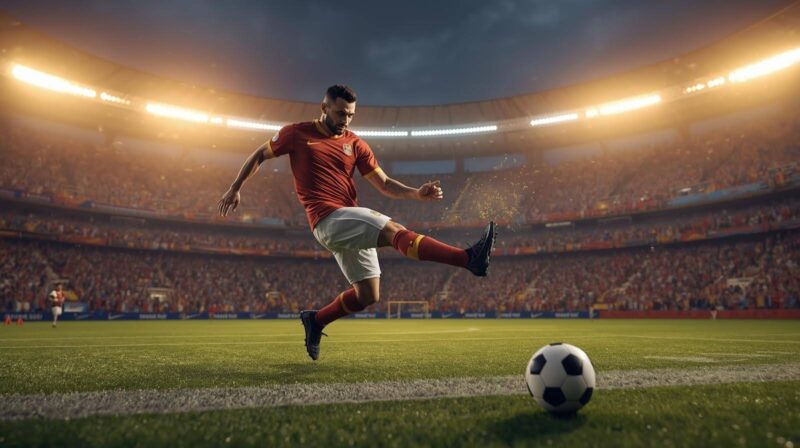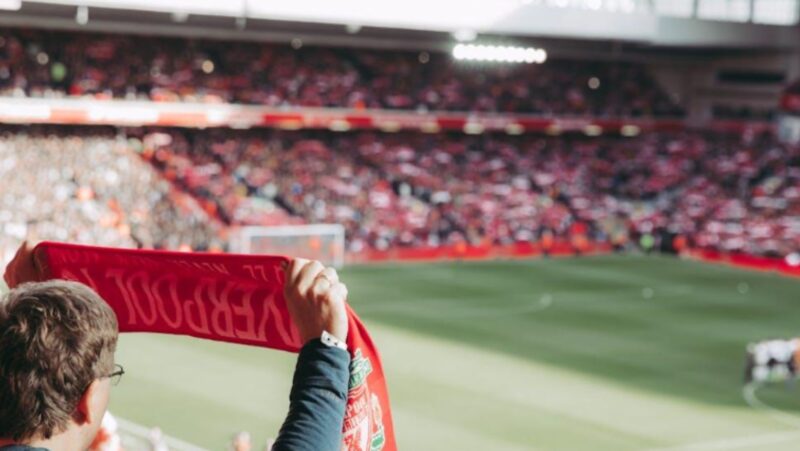
In football, the element of surprise can be key to winning games. That’s why many coaches rely on blitzing, or sending extra players on the offensive line, to catch opponents off guard.
While blitzing can be an effective strategy, it’s also important to know when not to do it. We’ll explore the benefits and risks of blitzing, as well as some of the best times to use this tactic.
what is blitz in football
In football, a blitz is when the defense sends extra players on the offensive line in an attempt to surprise and overwhelm the offense. This can be an effective strategy, but it also comes with some risks.
For one, if the defense doesn’t get to the quarterback, the offense will have more players downfield and could gain a significant advantage. Additionally, blitzing can tire out the defense and leave them vulnerable if they don’t make a quick stop.
When to use a blitz
Despite the risks, there are some situations where a blitz can be effective. One is when the offense is trying to run out the clock and the defense needs to make a quick stop.
Another is when the offense is struggling and the defense wants to apply some pressure. Finally, a blitz can be effective when the defense is trying to force a turnover. Knowing when to use a blitz can be difficult, but it’s important to weigh the risks and benefits before making a decision.
How to stop a blitz
If you’re on the offense and you see a blitz coming, there are a few things you can do to try and stop it. First, you can change the play call to something that will be more effective against the extra pressure. Second, you can quicken the pace of your offense to try and catch the defense off guard. Finally, you can try to confuse the defense by running a fake play or using misdirection.
Blitzing can be a risky but potentially effective strategy in football. It’s important to know when to use it and how to stop it if you’re on the receiving end. By understanding the benefits and risks, you can make sure that your team is prepared for anything.
How do teams decide when to blitz and what are the consequences
There is no easy answer when it comes to deciding whether or not to blitz. Every game and every situation is different, so coaches have to weigh the risks and benefits each time they make a decision. The consequences of blitzing can be significant. If the defense doesn’t get to the quarterback, the offense will have more players downfield and could gain a significant advantage. Additionally, blitzing can tire out the defense and leave them vulnerable if they don’t make a quick stop.
Because of these risks, coaches have to be very careful when deciding whether or not to blitz. They have to weigh the potential benefits against the potential consequences and make a decision based on what they think will give their team the best chance to win.
The importance of having a good quarterback in order to win games
One of the most important positions on any football team is the quarterback. The quarterback is responsible for leading the offense and making sure that the team scores points. Without a good quarterback, it can be very difficult to win games.
There are a few things that make a good quarterback. They need to have a strong arm so they can make all the throws. They also need to be accurate, so they can hit their receivers in stride. Finally, they need to be smart and have good decision-making skills. Having a good quarterback is important because they are the leader of the offense. They need to be able to make plays and score points. Without a good quarterback, it can be very difficult to win games.












